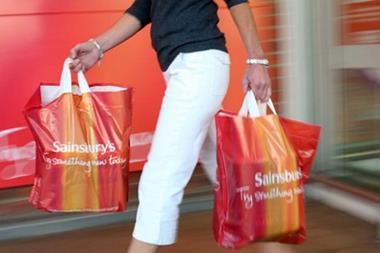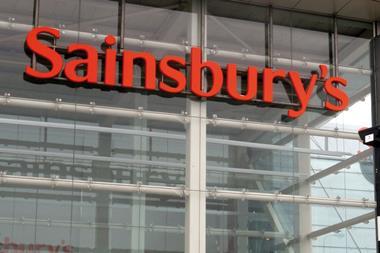I’m guessing I’m not the only one who woke up this morning feeling anxious as to what the future holds.

As the final votes are counted, we will have a clearer idea of how many voted yesterday. What we won’t know is how many strategically voted (although we are starting to get a good idea from the unexpectedly definitive outcome). I suspect a fair number, particularly in South Thanet, Nigel Farage’s stomping ground (and mine).
I remarked before how odd it is to live in the constituency at the eye of the political storm and things got odder still when David Cameron waded into the local political debate with 48 hours to go before the polls opened to announce he supported Manston being reopened as an airport rather than being converted into a garden city by developers.
Needless to say, Farage dismissed it as a “desperate” last-ditch attempt to grab votes and said that if locals wanted the airport to reopen there was only one party to vote for: UKIP. But cynics will argue that whoever has won, the promises regarding Manston are likely to prove empty - and the nation will no doubt be asking a similar question of all the other political promises made, carved in stone or not.
I cannot recall an election that revolved so heavily around who to vote for at the expense of what, the ‘what’ increasingly difficult to distinguish in the case of the two big parties, which did not so much converge politically as swap clothing. Housing pledges will be one major concern, as will our involvement in the EU, but what of the issues that never really got a political airing in the run up to the election, such as the shortage of London office space?
As we report in the analysis section this week, the number of start-ups is growing rapidly and they need space. Second Home’s Rohan Silva argues that the property industry has failed to adequately meet the needs of such occupiers. But it’s not just property that must wake up to the new world order; the new government needs to as well. The worry is that increasing office supply will be the last thing on its agenda (after all, it wasn’t on the agenda in the first place).
If two-party elections are dead in the water, so too arguably is the monopoly of the big four supermarket chains. Compared with Tesco’s £6.4bn losses, Sainsbury’s pre-tax loss of £72m is small beer, but it still reflects the seismic changes taking place in the grocery sector at the moment - and the critical role property is playing.
Chief executive Mike Coupe blamed people’s eating habits - apparently eating out is the new eating in (which during the recession became the new eating out) - but it was the £628m property writedown that pushed it into the red.
Some believe that a more radical approach is needed and that Coupe needs to take a leaf out of ‘Drastic’ Dave Lewis’s book. “Mike Coupe’s leadership feels old guard in a new world,” argues Retail Vision’s John Ibbotson.
So with Coupe predicting that the number of shoppers using out-of-town superstores is likely to fall by around 10% in the next seven years, should Sainsbury’s close some of its larger stores? He says no need, and Shore Capital’s Clive Black does not expect significant closures or disposals but, he says, the larger stores do need to evolve.
On the plus side, he notes Sainsbury’s does not face anything like the challenge Tesco does. He is also fairly bullish about the larger store format: “It is an ill patient but with care has a long life ahead, particularly with the turn off of supply, economic growth and population growth.”
The operative words here, of course, are ‘with care’ - and as with all ageing patients, the reality is that while they may enjoy a longer life, their numbers will diminish as younger, smaller formats gain ground. We may not have woken up to a brave new political world quite yet, but make no mistake, we have to a brave new retail and office world.






























No comments yet